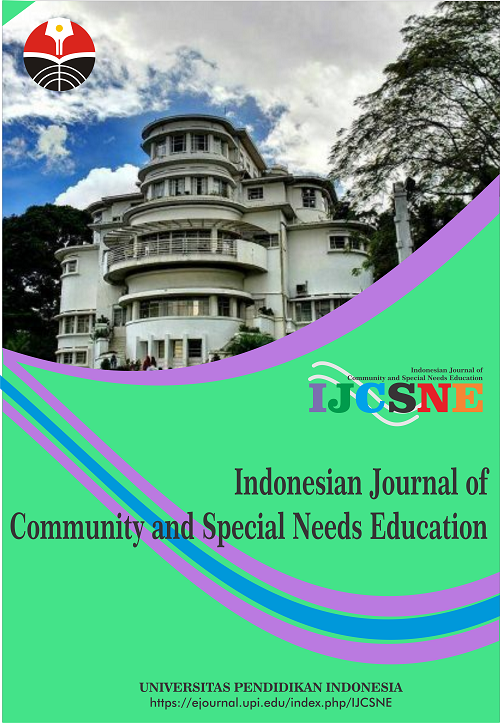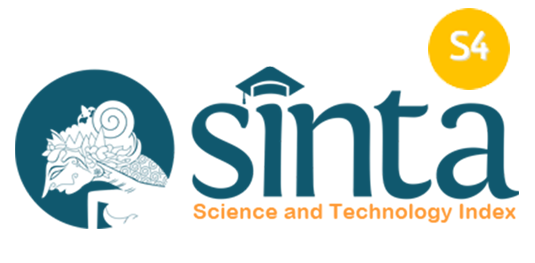Online Microlearning Course Development Strategies for Enhancing Bullying Prevention Knowledge
Abstract
Keywords
Full Text:
PDFReferences
Arora, C. M. J. (1996). Defining bullying. School Psychology International, 17(4), 317–329.
Bell, D. (2002). Making science inclusive: providing effective learning opportunities for children with learning difficulties. Support for Learning, 17(4), 156–161.
Braithwaite, V., and Ahmed, E. (2019). Looking beneath the iceberg: can shame and pride be handled restoratively in cases of workplace bullying. The International Journal of Restorative Justice, 2(2), 209–234.
Bukhori, H. A., Sunarti, S., Widyatmoko, T., and Ting, H. L. (2022). ADDIE method for implementation of virtual reality in online course using model project-based learning. Jurnal Inovasi Pembelajaran, 8(1), 33-41.
Chaux, E., and Castellanos, M. (2015). Money and age in schools: Bullying and power imbalances. Aggressive Behavior, 41(3), 280–293.
Dell'Acqua, S. (2014). Massive Open Online Courses (MOOCs): Is it real democracy?. European Journal of Educational Sciences, 1(2), 49-57.
Harida, R. (2023). YouTube to promote critical thinking in critical listening course. Journal of English Language Learning, 7(1), 363–373.
Hayat, A., and Afshari, L. (2021). Supportive organizational climate: a moderated mediation model of workplace bullying and employee well-being. Personnel Review, 50(7/8), 1685–1704.
Karpicke, J. D., and Roediger, H. L. (2007). Expanding retrieval practice promotes short-term retention, but equally spaced retrieval enhances long-term retention. Journal of Experimental Psychology: Learning, Memory, and Cognition, 33(4), 704–719.
Kristensen, S. M., and Smith, P. K. (2003). The use of coping strategies by Danish children classed as bullies, victims, bully/victims, and not involved, in response to different (hypothetical) types of bullying. Scandinavian Journal of Psychology, 44(5), 479–488.
Kuhrmann, M. (2015). Crafting a software process improvement approach for retrospective systematization. Journal of Software: Evolution and Process, 27(2), 114–145.
Mayer, R. E., and Chandler, P. (2001). When learning is just a click away: Does simple user interaction foster deeper understanding of multimedia messages? Journal of Educational Psychology, 93(2), 390–397.
Pollock, M., Schmulian, A., and Coetzee, S. A. (2023). Do team-based written or video explanations of course content enhance accounting students’ knowledge, communication, and teamwork skills? Journal of Accounting Education, 65, 100873.
Smirani, L., and Yamani, H. (2024). Analysing the impact of gamification techniques on enhancing learner engagement, motivation, and knowledge retention: A structural equation modelling approach. Electronic Journal of E-Learning, 22(9), 111–124.
Talarico, D. (2020). Market effectively to adult learners by understanding generational differences. Recruiting and Retaining Adult Learners, 22(5), 1–3.
Величко, В., and Федоренко, О. (2020). Organization of educational activities on microlearning technology during the COVID-19 pandemic, E-Learning TeXnology, 4(0), 67–75.
DOI: https://doi.org/10.17509/ijcsne.v5i2.83212
Refbacks
- There are currently no refbacks.
Copyright (c) 2025 Universitas Pendidikan Indonesia

This work is licensed under a Creative Commons Attribution-ShareAlike 4.0 International License.















